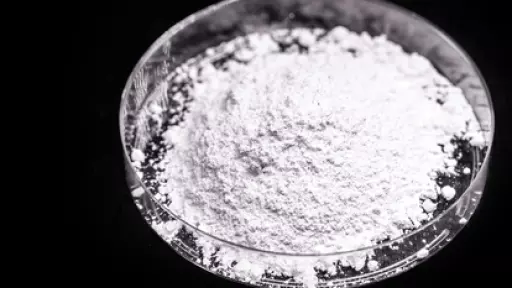
Manufacturing Processes for High-Quality Activated Carbon Blocks in Modern Factories
Activated Carbon Block Factories An Overview
Activated carbon blocks are increasingly recognized for their importance in various applications, including water purification, air filtration, and industrial processes
. The production of these specialized filters takes place in dedicated factories, where cutting-edge technology and stringent quality control processes come together to create high-performance products.At the heart of activated carbon block manufacturing is the process of activation, which involves converting raw carbon materials—such as coconut shells, wood, or coal—into a highly porous substance. This is achieved through a combination of chemical and thermal treatments that enhance the surface area of the carbon, allowing it to adsorb a wide range of contaminants and impurities.
Factories specializing in activated carbon blocks typically start by sourcing high-quality raw materials. The choice of material is crucial, as it directly affects the adsorption capacity and overall effectiveness of the final product. Once the raw materials are procured, they undergo a rigorous process involving carbonization, where they are heated in an oxygen-controlled environment to remove volatile compounds. Following carbonization, the material is treated with activating agents, such as steam or certain gases, to develop a network of pores that give activated carbon its unique properties.
activated carbon block factories

After activation, the carbon is cooled and carefully crushed to achieve the desired particle size. This is an essential step, as it influences the flow rate and filtration efficiency of the final activated carbon block. The crushed material is then mixed with a binding agent, usually a food-grade polymer, which helps in forming a solid block that maintains the porous structure.
The molding process typically involves hydraulic pressing, where the mixture is subjected to high pressure to create dense blocks that are sturdy yet allow the free flow of water or air. Once shaped, the blocks undergo a curing process, which solidifies the binding agent and ensures that the activated carbon retains its functional properties during use.
Quality control is paramount in activated carbon block factories. Rigorous testing is conducted to ensure that each production batch meets industry standards for adsorption capacity, flow rate, and physical integrity. These tests often include evaluating the block's ability to remove specific contaminants, such as chlorine, volatile organic compounds, and other harmful pollutants.
Activated carbon block factories play a vital role in providing solutions for a cleaner environment. By producing high-quality filters, these facilities contribute to public health and safety, ensuring access to clean drinking water and breathable air. As demand for environmentally friendly filtration solutions continues to grow, innovations in manufacturing processes and materials will likely evolve, further enhancing the efficacy and sustainability of activated carbon blocks.
Share
-
Premium Pigment Supplier Custom Solutions & Bulk OrdersNewsMay.30,2025
-
Top China Slag Fly Ash Manufacturer OEM Factory SolutionsNewsMay.30,2025
-
Natural Lava Rock & Pumice for Landscaping Durable Volcanic SolutionsNewsMay.30,2025
-
Custom Micro Silica Fume Powder Manufacturers High-Purity SolutionsNewsMay.29,2025
-
Custom Mica Powder Pigment Manufacturers Vibrant Colors & Bulk OrdersNewsMay.29,2025
-
Custom Micro Silica Fume Powder Manufacturers Premium QualityNewsMay.29,2025






